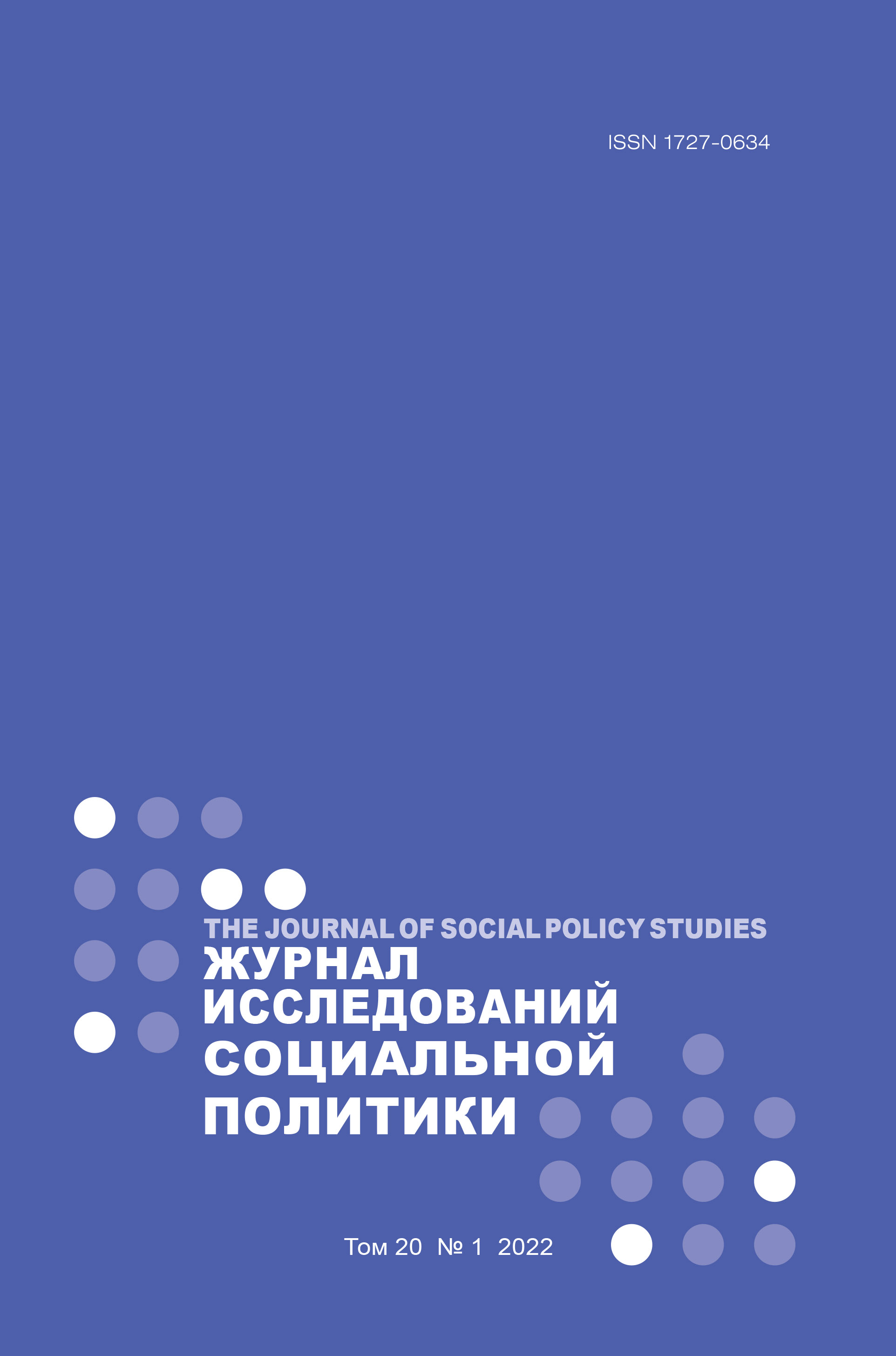Conditional Social Transfers as an Important Direction of the Social Assistance Development in Russia
Abstract
Poverty reduction is one of the priorities of social policy to date. The system of conditional targeted payments in form of social contract is aimed at enhancing the labour potential of needy households as distinct from providing passive assistance in form of different cash transfers. System of conditional social transfers in form of social contract is more progressive compared to ordinary passive aid in form of different cash transfers, but only for families with labour potential (unemployed adults). Even when family could not get out of poverty on the first try, efforts in this regard reduce its dependence and give the assurance on its own. In this study we consider social contract from the point of view of normative approach. According to this approach, social contract or social adaptation agreement is an agreement on mutual obligations between the recipient of targeted social assistance and the society (represented by the authority for provision state social assistance). The review attempts to analyse the general concept of social contract policy in Russia, as well as to examine the picture of regional practices of implementing social contract as a form of social assistance. Our analysis shows that the rules of state social services on the basis of social contract are eclectic in the regions of Russia regarding targeted people who receive social services, conditions of programs, types and sizes of support. Along with budgetary restrictions, one of the main important factors hindering the development of the social contract system in Russia links with the necessity for structural change of social protection agencies actions. This changing suggests moving from the staff structure of organization for providing payments to the creation of special organization focused on supporting social contracts and working with clients during the implementation of an individual social adaptation plan.















